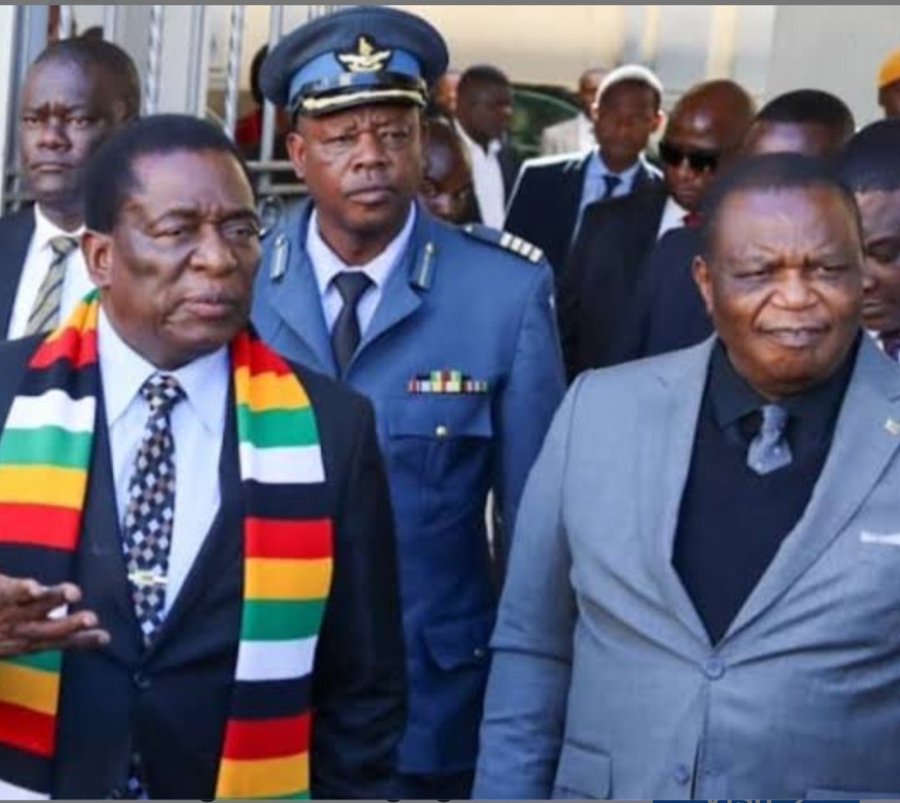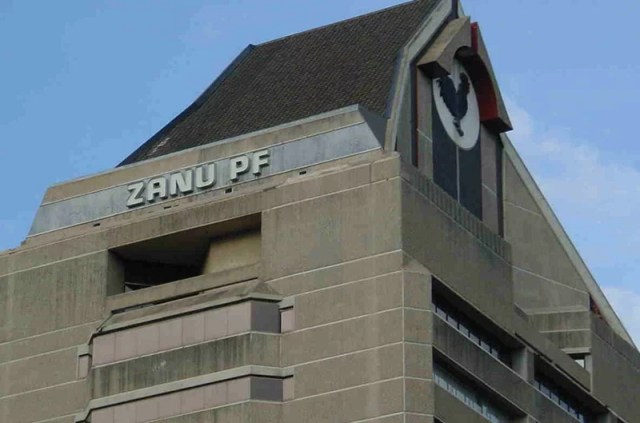JOB SIKHALA: THE UNBROKEN VOICE OF RESISTANCE IN ZIMBABWE

In Zimbabwe, a powerful story of resistance is unfolding. Job Sikhala, a key figure in Zimbabwean politics, has been convicted of inciting violence. This conviction marks a big moment in the fight against the government’s harsh rule. Despite the seriousness of the case, Sikhala stood tall. Even when brought to court in leg irons, he did not back down. He boldly said, “Let them do what they want. I don’t care, don’t worry.” His words are a strong sign of his unbreakable spirit.
Sikhala is known as a major voice against the Zimbabwean government’s tough tactics. For a long time, he has spoken out against unfairness and fought for democracy. His bravery has won him both friends and enemies. To many people, his conviction is a blow to the struggle for freedom and justice. Zimbabwe has long been a country facing political problems and human rights issues. Sikhala’s case has become a symbol of these bigger issues. The government has worked hard to stop people like Sikhala from speaking out. The charge of inciting violence is often used by governments to silence opponents. Many people believe these charges are false and are just a way to keep control. In many places with authoritarian governments, this is a common tactic. Critics argue that Sikhala is being punished simply for challenging the ruling powers.
The trial of Sikhala was surrounded by problems. Many human rights groups and international observers questioned if the trial was fair. They worried that the government was interfering with the legal system. These concerns have made many doubt the fairness of the trial. Some even say that the trial was more about silencing a loud critic than about justice. But even with all these problems, Sikhala stayed strong. He stood before the court with confidence, despite being shackled in leg irons. His words in court were not just about him. They were a call to all Zimbabweans who dream of a free and fair country. His courage showed the high price people pay for resisting an oppressive government. It also reminded everyone of the strength needed to keep fighting for change.
People reacted differently to Sikhala’s conviction. Some who support the government believe it was necessary to keep order in the country. They fear that without strict measures, there will be chaos. But many others, including opposition groups and human rights advocates, see it as a sign that political freedom is shrinking in Zimbabwe. They believe the government is making it harder for people to speak freely and oppose its policies.Sikhala’s conviction also raises important questions about the future of democracy in Zimbabwe. Will the country continue to slide into authoritarianism, or will the fight for democratic values win out? The resilience of people like Sikhala gives hope to those who want change. But at the same time, it shows how difficult the path to freedom can be. Zimbabwe is at a crossroads, and the world is watching closely.
International groups and countries are paying attention to what is happening in Zimbabwe. Many have expressed worry about human rights in the country. Some are calling for sanctions or other forms of pressure on the Zimbabwean government. They want the government to be held accountable for how it treats its people.In the end, Sikhala’s conviction is more than just a court decision. It represents the bigger struggle for freedom and justice in Zimbabwe. His courage in the face of oppression is an inspiration to many people. As Zimbabwe continues its journey through a tough political climate, the world is watching to see what happens next. Will the ideals of freedom and justice win? Only time will tell. But for now, Job Sikhala stands as a symbol of hope for all who fight for a better future.

